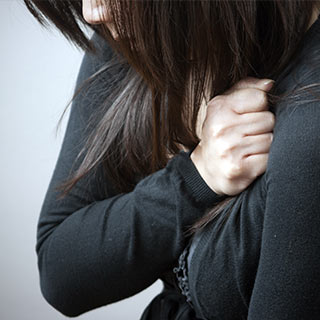Harmful behaviors can either be inflicted upon you without your consent, as in an abusive relationship, or self-inflicted. If you think you are at risk of becoming abusive or self-injuring, there are resources to help you deal with whatever is driving your behavior without hurting anyone. If you are in an abusive relationship, regardless of the type of abuse and the type of relationship, it is safest for you to get out, get treatment for physical injuries, and talk to someone about your situation.
Abusive relationships don’t just occur between significant others. Parent-child relationships and friendships can also become abusive in some form: physical, emotional, or sexual. If the violence you are experiencing could be considered a crime, the police should be your first resource. Otherwise, know first that it is not your fault, and second, that there are resources to help you deal with the situation. Extricating yourself from the relationship is the safest and healthiest route.
Self-injury is any activity intended to cause harm that an individual inflicts upon themself. This may include cutting, burning, or punching inanimate objects. People who self-harm are often not suicidal, but instead have trouble coping with feelings of low self-esteem, stress, or sadness. Instead of coping with these emotions in dangerous ways, try switching to other stress-management techniques: journaling, exercising, changing eating and sleeping habits, and talking with friends or a medical professional.





